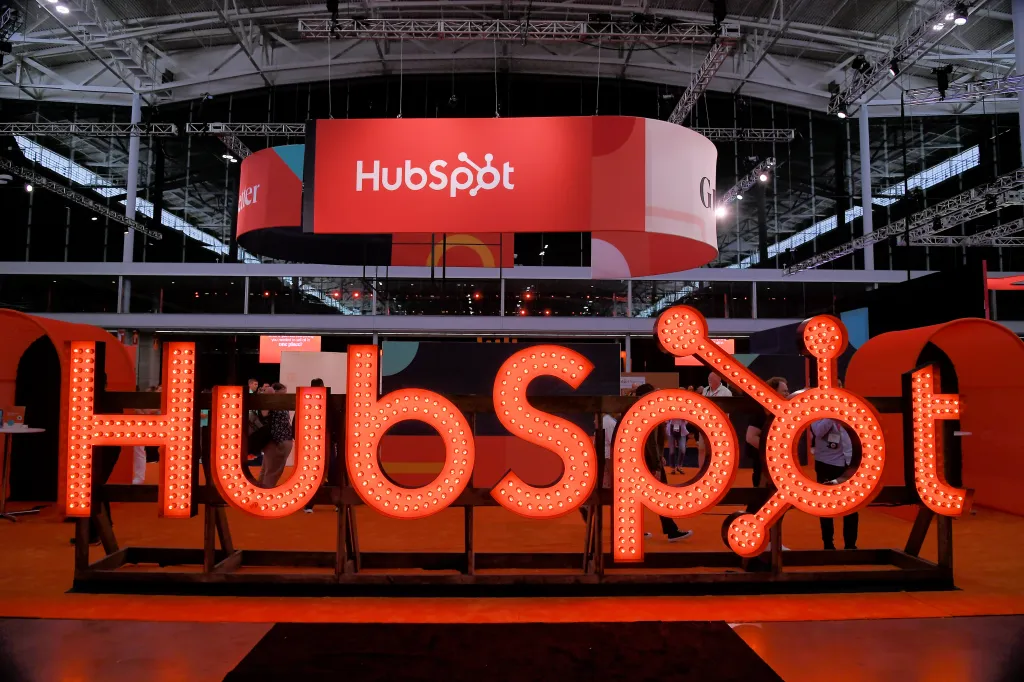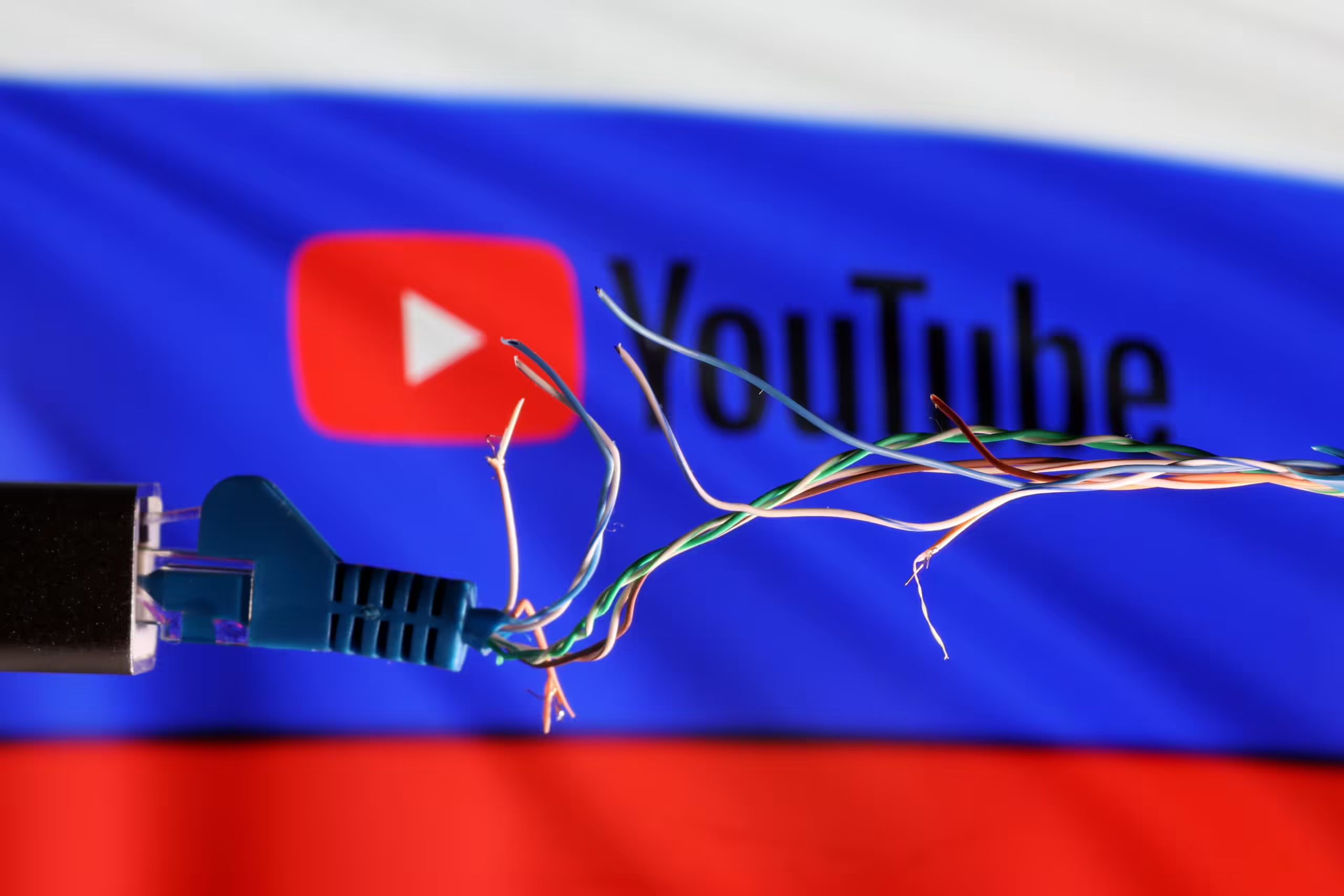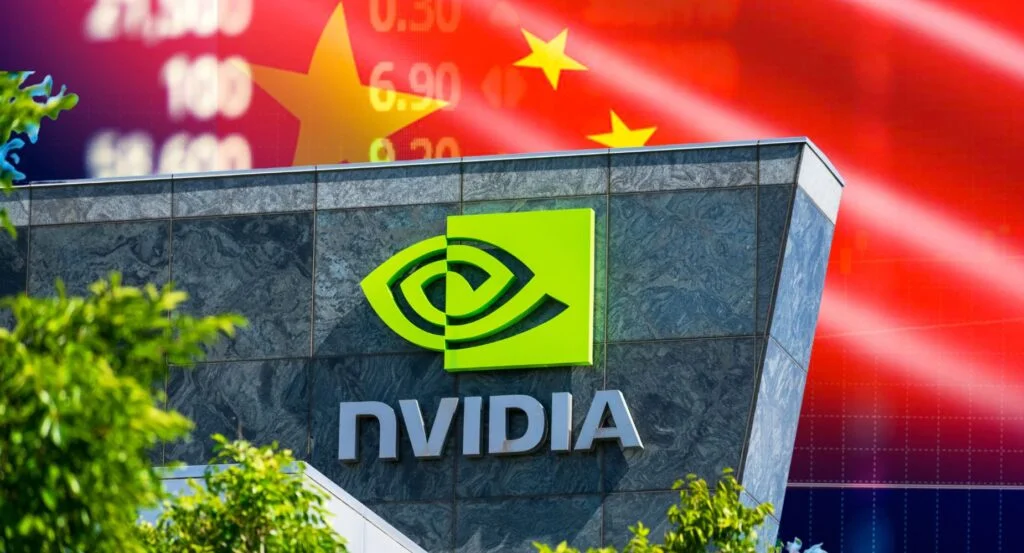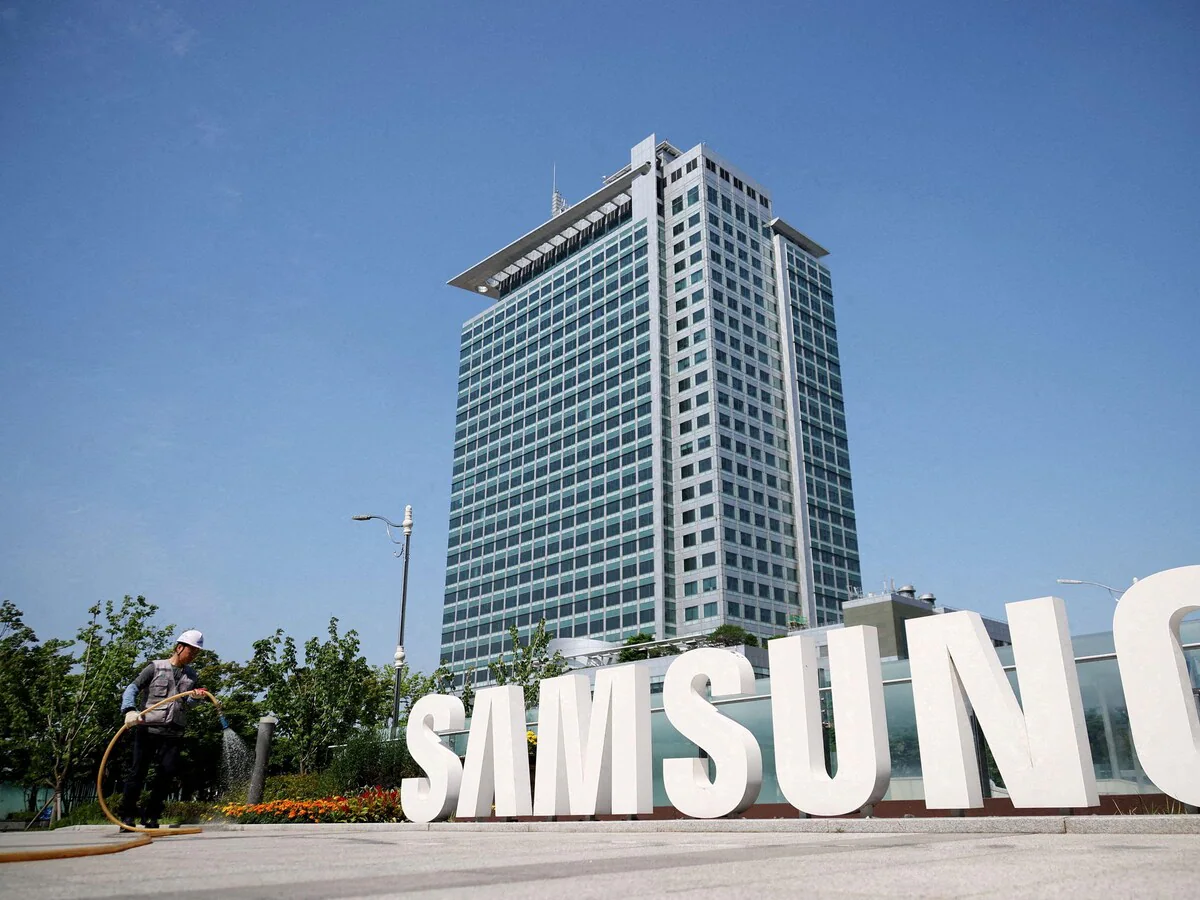Alphabet’s (GOOGL) potential acquisition of HubSpot (HUBS), a $31 billion U.S. marketing software maker, would help it compete with Microsoft (MSFT) in cloud-based applications for companies
Google was investigating the possibility of acquiring HubSpot. According to interviews with analysts and investment bankers, such a transaction would be the largest for Google, expanding its business-facing products and applications.
Through its Google Workspace collaboration offerings, Google is already challenging the dominance of Microsoft’s Office platform. Derrick Wood, an analyst at Cowen, opined that if Google acquired HubSpot, it would enter a competitive sphere known as customer relationship management, an industry that Microsoft serves with its Dynamics 365 products.

“It does appear that Google has aspirations to try to take market share from Microsoft in the productivity suite, and they can use HubSpot to bundle applications together for clients,” according to Wood.
No responses were received from Google, HubSpot, or Microsoft representatives in response to inquiries for comment.
HubSpot, a provider of marketing software tailored for small and medium-sized enterprises, is actively exploring strategies to sustain sales expansion amidst a broader economic deceleration.
This month, on the company’s first-quarter earnings call, HubSpot CEO Yamini Rangan stated that client demand had decreased due to small businesses’ concerns about the economic repercussions of high interest rates.

Despite client retrenchment, HubSpot has sustained expansion, as evidenced by its 15% operating margin and 23% increase in sales for the first quarter. Nevertheless, equity analysts have cautioned that the company’s stock would have declined without Google’s acquisition interest.
Most analysts who follow HubSpot reduced their price target on the stock after its most recent earnings report. Specific individuals have cautioned that the organization’s specialty in catering to lesser enterprises, which distinguishes it from more prominent enterprise rivals like Salesforce (CRM) and Oracle (ORCL), may prove to be a vulnerability should a recession render it more difficult to obtain financing for those particular clients.
“Access to funding for small and medium-sized businesses (which are HubSpot’s clients) could be significantly hampered by stricter lending standards,” Goldman Sachs (GS) opened a new tab analysts wrote in a note on May 9.
HubSpot is an expert in “inbound marketing,” which involves the consumer initiating interaction with a brand. Clients of HubSpot utilize its software to generate online advertising content that elicits clicks or subsequent actions from consumers.
Attracting and converting prospects into customers, inbound marketing predominantly depends on search engines and social media platforms. This creates numerous synergies with Google, whose parent company, Alphabet, also possesses the widely used video streaming service YouTube.
Microsoft has prioritized enticing large corporate clients, whereas Google has endeavored to appeal to smaller businesses comprising most of HubSpot’s clientele.
Parker Lane, an analyst at Stifel, opined that should Google opt to eliminate monitoring applications referred to as “cookies” from its Chrome browser in the second half of 2024, the acquisition of HubSpot would provide the company with an abundance of valuable sales leads.
“Purging third-party cookies from Chrome … places a greater emphasis on first-party data, which HubSpot brings an abundance of to the table,” Lane asserted.
Using AI in marketing
Other executives, including Alphabet CEO Sundar Pichai, have stated that Google views advertising as a crucial revenue stream for its artificial intelligence advancements.
During the organization’s first-quarter earnings call last month, Philipp Schindler, chief business officer of Google, stated, “AI innovation is fundamental to every facet of our product portfolio, including targeting, bidding, creativity, measurement, and campaign types.”
A successful acquisition of HubSpot by Google could face opposition from antitrust regulators despite the consensus among numerous experts that the consolidation would not impede competition due to the companies’ unrelated business operations. This is due to the increasing aversion of regulators towards technology titans expanding their operations via acquisitions.
According to MorningStar analyst Dan Romanoff, Google might determine that the benefits of the prospective deal surpass the likelihood of a regulatory challenge.
“Opens a new tab reveals that Amazon (AMZN) is the clear market leader in the cloud, followed by Microsoft at No. 2 and Google in a distant third.” One can envision Google stating, “Acquiring HubSpot would be equivalent to acquiring Microsoft Dynamics 365, thereby enhancing our competitiveness in that domain.” Romanoff declared.



